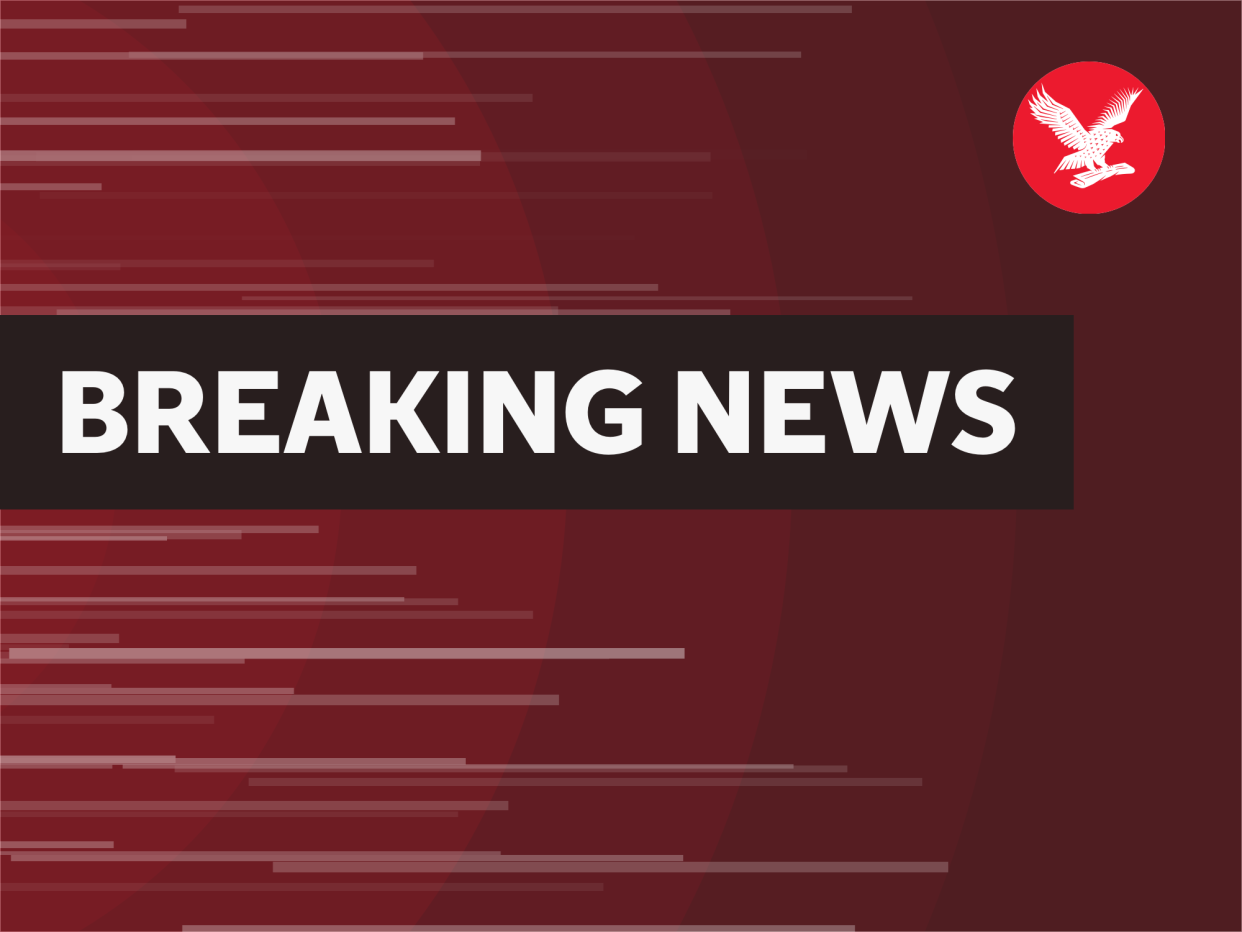Boris Johnson moved to intensive care after coronavirus symptoms worsen, Downing Street confirms

Boris Johnson has been moved to intensive care after his coronavirus symptoms worsened, just hours after Downing Street insisted he was in good spirits and in control of the government's response to the escalating crisis.
The prime minister is understood to still be conscious and to have been moved as a precaution, in case he requires ventilation to aid his recovery.
He was said to be receiving excellent care and thanked all NHS staff for their “hard work and dedication”.
Dominic Raab, the foreign secretary, has been asked to deputise for the prime minister “where necessary”.
No 10 sources said that the prime minister remains the prime minister but that Mr Raab will lead on the day to day running of the response to the coronavirus crisis and other matters.
No 10 spent most of Monday insisting Mr Johnson was still in charge of the government’s handling of the pandemic after he was admitted to hospital on Sunday night.
The decision to move Mr Johnson to intensive care was made by his doctors.
It is understood he was moved to an intensive care unit at St Thomas’ Hospital, in London around 7pm on Monday evening.
He was initially admitted to hospital on Sunday for tests after being unwell for more than a week.
No 10 said on Sunday that Mr Johnson had been advised to go to hospital because his symptoms, which included a cough and a temperature, were persistent.
On Monday evening, a No 10 spokesman said in a statement: “Since Sunday evening, the Prime Minister has been under the care of doctors at St Thomas’ Hospital, in London, after being admitted with persistent symptoms of coronavirus.
“Over the course of this afternoon, the condition of the Prime Minister has worsened and, on the advice of his medical team, he has been moved to the Intensive Care Unit at the hospital.
“The PM has asked Foreign Secretary Dominic Raab, who is the First Secretary of State, to deputise for him where necessary.
“The PM is receiving excellent care, and thanks all NHS staff for their hard work and dedication.”
Earlier Mr Raab had chaired the government’s emergency Cobra meeting on the crisis in Mr Johnson’s absence.
But the foreign secretary later admitted he had not spoken to the prime minister in days, amid growing pressure on Mr Johnson to temporarily hand over power if he does not recover quickly.
Members of his own government had earlier urged the prime minister to rest, while former cabinet secretaries warned Mr Johnson should relinquish control if necessary. A Foreign Office minister, James Dudderidge, urged Mr Johnson to “come back fighting” but added: “But for now rest, look after yourself and let the others do the heavy lift.”
Bob Kerslake, a former head of the civil service, said: “If he's not well enough, it would be sensible to step back and let others take on the role.
“I think in the end, if he's not well, he will have to reflect on this because the job's tough at the best of times and it's doubly tough now,” he told BBC Radio 4’s Today programme.
Lord O’Donnell, another former cabinet secretary, said the government was “not really” set up to deal with a prime minister in hospital.
He told BBC Radio 4’s World At One: “If a prime minister becomes so ill that they can't be [involved in big decisions] or the medical advice is 'look you really need to rest, you need to stop looking at all of these dreaded red boxes you need to hand on' then I hope the prime minister ... is able to hand over.”
Andy Street, the Conservative West Midlands mayor, said: “We all have to learn in life, don't we, that we’re not indispensable and the team around you will step into your shoes if he is not able to do what I know he will be so, so desperate to carry on doing himself.”
Ministers also declined to set out an exit strategy for the current restrictions designed to halt the spread of the disease. There are fears continued good weather could encourage more Britons to flout the guidelines.
At the government’s daily press conference on coronavirus, Mr Raab said he did not want to “confuse the message” as the country was not yet past the peak of the disease, estimated to hit this weekend.
Dame Angela Maclean, the deputy chief scientific advisor, added: “We can only make calculations about what we might do next if we have some reasonable data on how large the impact of what we've done is so far.”
Read more
No 10 refuses to say whether Johnson was given oxygen in hospital
When can we really expect coronavirus to end?
Everything you need to know on supermarket delivery slots
The dirty truth about washing your hands
Which countries around the world has coronavirus spread to?
Listen to the latest episode of The Independent Coronavirus Podcast

 Yahoo News
Yahoo News 
